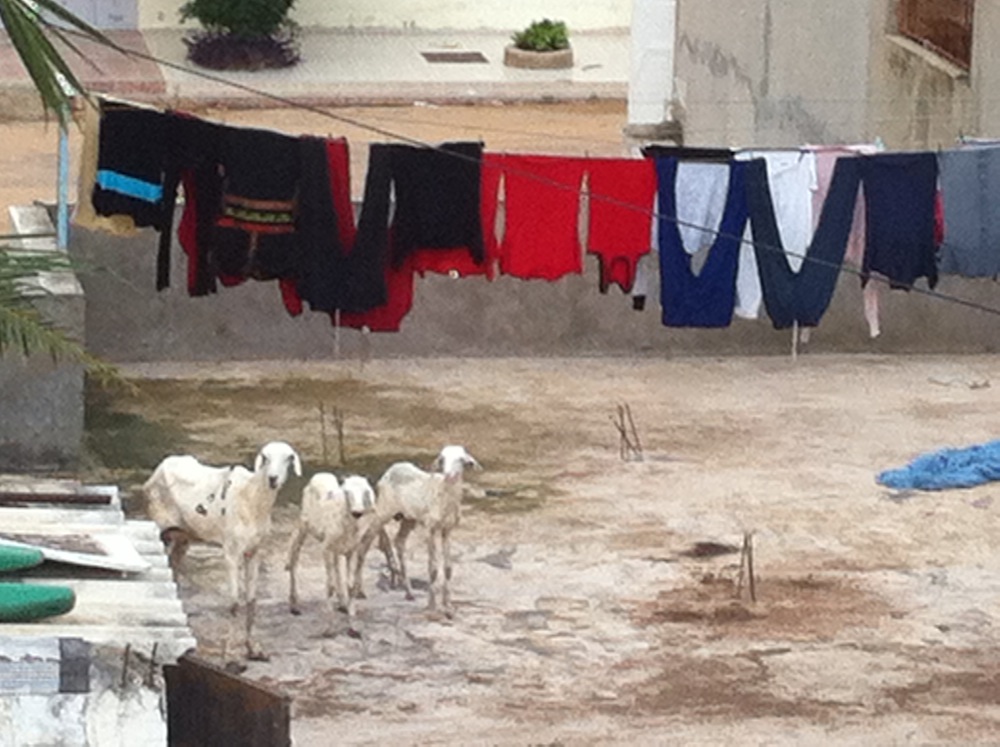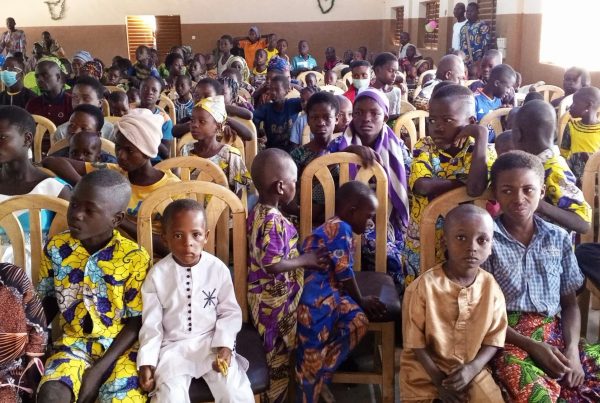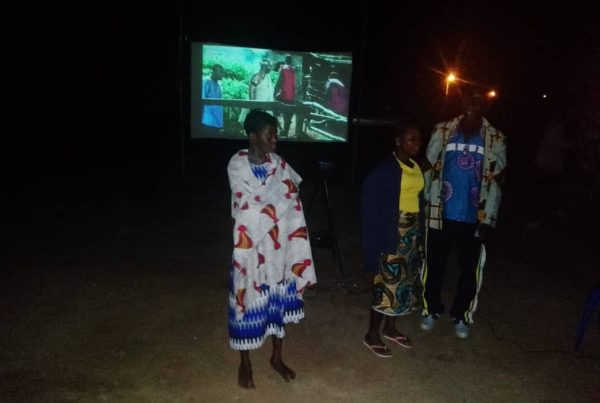–Monica Carr
Today is Tabaski (in Senegal) otherwise know as Eid al-adha or Eid El Kebir (the grand feast). This morning, at 9:30 am, when I left for my walk in the park, live sheep were bleating in front of neighbor’s homes. When I arrived home, around 11:00 am, sacrificed sheep were being processed in courtyards, their meat laid over coals. In Muslim tradition, Tabaski signifies God’s faithfulness in providing the sacrificial lamb when Abraham took Ishmael (Isaac in the Biblical account) up the mountain. While, Christians don’t celebrate Tabaski, remembering this event is important for Christians as well. Abraham was stopped from sacrificing Isaac, but it is in this act that we see a foreshadowing of what God does for humanity when he later allows his own son (the sacrificial lamb) to be crucified as atonement for the sins of the world, restoring the personal relationship between God and man that was broken when Adam and Eve sinned in the Garden. When Jesus shares a final meal with his disciples (during Passover) before his death, we see a glimpse of the fellowship and feasting to come when He returns. Thankfully, because of Christ’s ultimate sacrifice, there is no longer need for animal sacrifice. Because of His sacrifice, believers have the promise of both eternal life and more abundant life here on earth. Christ’s love transforms us and gives us His love for others. We can look forward to one day feasting together with Him and our brothers and sisters around the world, and that is something to celebrate and share!





